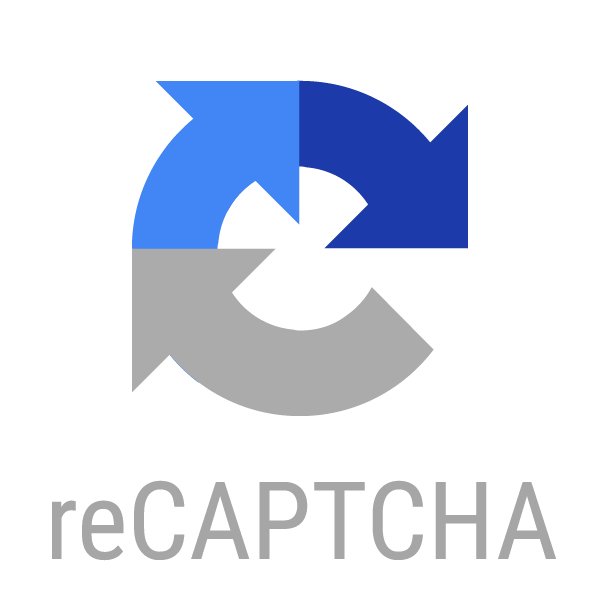Mindfulness practices enable people to self-regulate their attention, emotions, behaviors, energy and mental balance, thus making them more resourceful. Practitioners of mindfulness reach their goals more easily because they are better at self-regulation.
Paying attention to what is in the present moment and accepting it with kindness gives an individual the ability to cope with uncertainty. It allows more space for improvisation and learning from mistakes. With self-regulation and kindness, it is also easier to manage difficult conversations by balancing empathy and intention.
“Goals and self-regulation” study examines how goal setting and self-regulatory processes can be utilized to enhance employee performance and well-being. The study emphasizes the role of self-regulation in goal pursuit. Study reveals that :
“Self-regulatory processes, including monitoring progress, managing distractions, and adapting strategies, play a vital role in maintaining focus and achieving goals. Effective self-regulation helps individuals overcome obstacles, regulate their behavior, and maintain consistent effort towards goal attainment. By aligning individual goals with organizational objectives and providing support for self-regulation, companies can enhance employee performance, job satisfaction, and overall organizational effectiveness.”
Reference
Ruth Kanfer, Frederick H. Kanfer, Goals and self-regulation: Applications of theory to work settings, https://www.researchgate.net/publication/261798604_Goals_and_self_regulation_Applications_of_theory_to_work_settings








